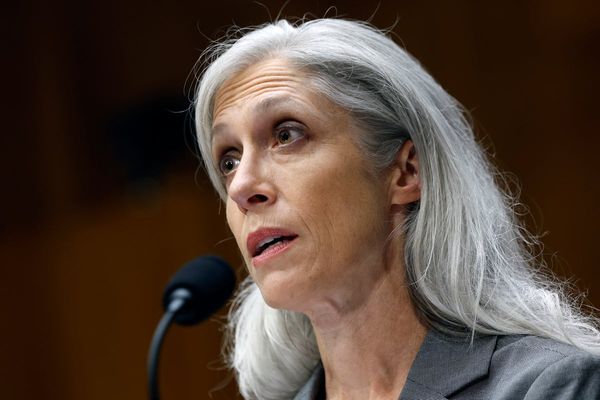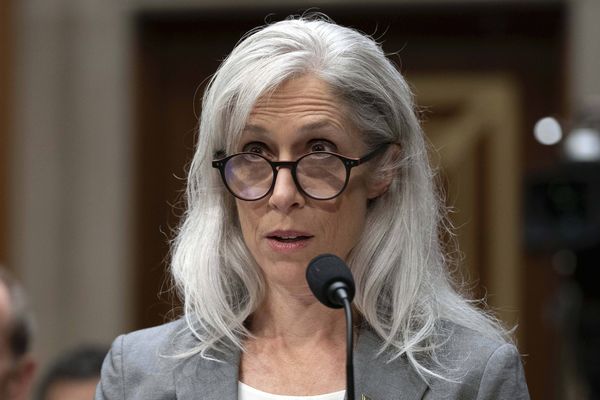On Oct. 3, it was reported that Onward Holdings Co., a major listed Japanese apparel company on par with World Co., would close 600 of its approximately 3,000 stores.
Sixty percent of Onward Holdings' sales come from department stores, where fears of shrinking apparel sales are proving true. The apparel market at department stores has contracted at a faster pace than many companies predicted, which is a remote cause of the shocking news about Onward.
The mediocre performance of the apparel sections in department stores is also attributed to the rise of fast fashion brands such as Zara, H&M and Forever 21, and low-priced, basic apparel brands, such as Uniqlo and Muji, over the past 20 years, when consumers' incomes plateaued.
However, the withdrawal of Forever 21 from Japan at the end of October revealed that even fast fashion is starting to struggle.
Even taking the growth of e-commerce and the secondary distribution market led by Mercari, Inc. into consideration, it seems obvious that clothes are no longer selling well, a phenomenon not limited to Japan.
By contrast, cosmetic products are doing great. Around this time last year, I wrote in this column about new moves by Hankyu department store's Umeda main store, Sogo department store's Yokohama branch and Takashimaya department store's Yokohama branch, which expanded their cosmetic sections and introduced hair and nail salons (in Hankyu's case). Developments like this are accelerating even more.
The Iwataya department store in Fukuoka in April moved the women's sundry goods section from the first floor to the second floor to expand its cosmetic section with four additional brands. The JR Takashimaya department store in Nagoya opened cosmetic sections on the first, fourth and sixth floors in addition to the existing one on the third floor, to double the combined floor space, as part of a renewal plan ahead of its 20th anniversary next spring.
And Isetan department store's main store in Shinjuku, Tokyo, which is vying with Hankyu's Umeda store for the world's top spot in sales of cosmetic products, opened a new cosmetic section on the second floor on Sept. 25. The combined floor space is 1.5 times the size of the first-floor cosmetic section.
The first-floor section will reopen on Nov. 20 after renovations to focus on makeup and fragrance. Each brand's tester space will be expanded, and makeup artists will give customers the latest tips. The second-floor section houses about 30 skin care and beauty equipment brands, which will be divided into two zones: domestic and foreign brands.
Among the skin care brands are Sensai, an affiliate of Kao Group's Kanebo Cosmetics Inc., and Decencia, an e-commerce-born brand from Pola Orbis Holdings Inc. Two beauty equipment brands new to Isetan are Bioprogramming of the Lumielina Group and Dyson, both known for hair dryers.
In particular, Sensai is a luxury skin care brand sold at about 3,700 stores in 43 countries, mainly in Europe and the Middle East. It's regarded as the embodiment of the high quality of Japanese cosmetic products. The brand's first outlets in Hankyu's Umeda store and Isetan's Shinjuku store mark its triumphant return.
Sales of cosmetic products at the Isetan Shinjuku store in fiscal 2018 were double the figure from fiscal 2012, proving that the cosmetic section was becoming too small and prompting the store to redress the balance between product categories.
Due to a new Chinese law on electronic trading that came into force in January, so-called bakugai shopping sprees in Japan by Chinese tourists declined at the beginning of this year. Yet sales of cosmetic products have recovered since then. In addition to the demand from inbound tourists, the main consumers of cosmetic products are Japanese customers in their 20s, or the so-called millenium generation. So things still look optimistic.
Miura is the editor at large of WWD Japan.
Read more from The Japan News at https://japannews.yomiuri.co.jp/







